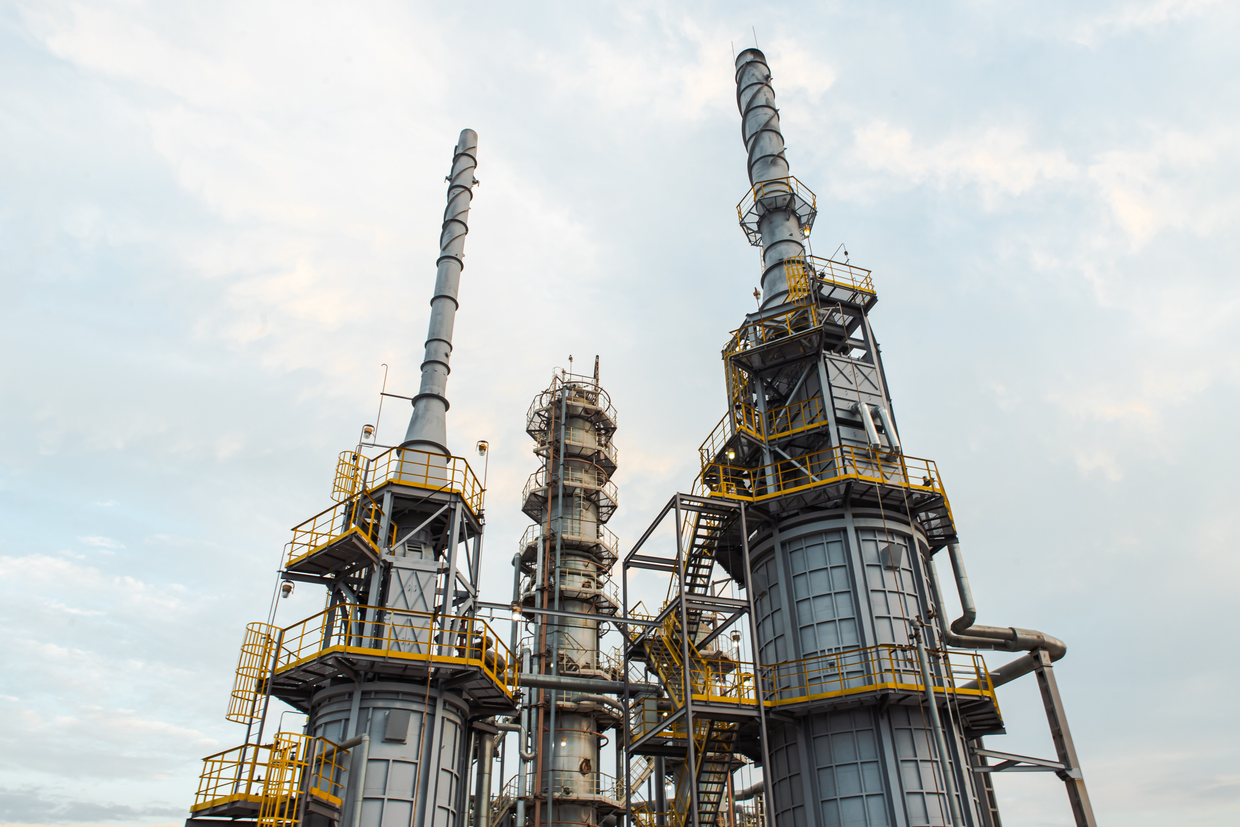
Ukraine strikes Ilsky Oil Refinery in Russia's Krasnodar Krai, SBU source says
Residents earlier posted videos on social media purportedly showing explosions at the refinery in the Seversky district of Krasnodar Krai.

Residents earlier posted videos on social media purportedly showing explosions at the refinery in the Seversky district of Krasnodar Krai.
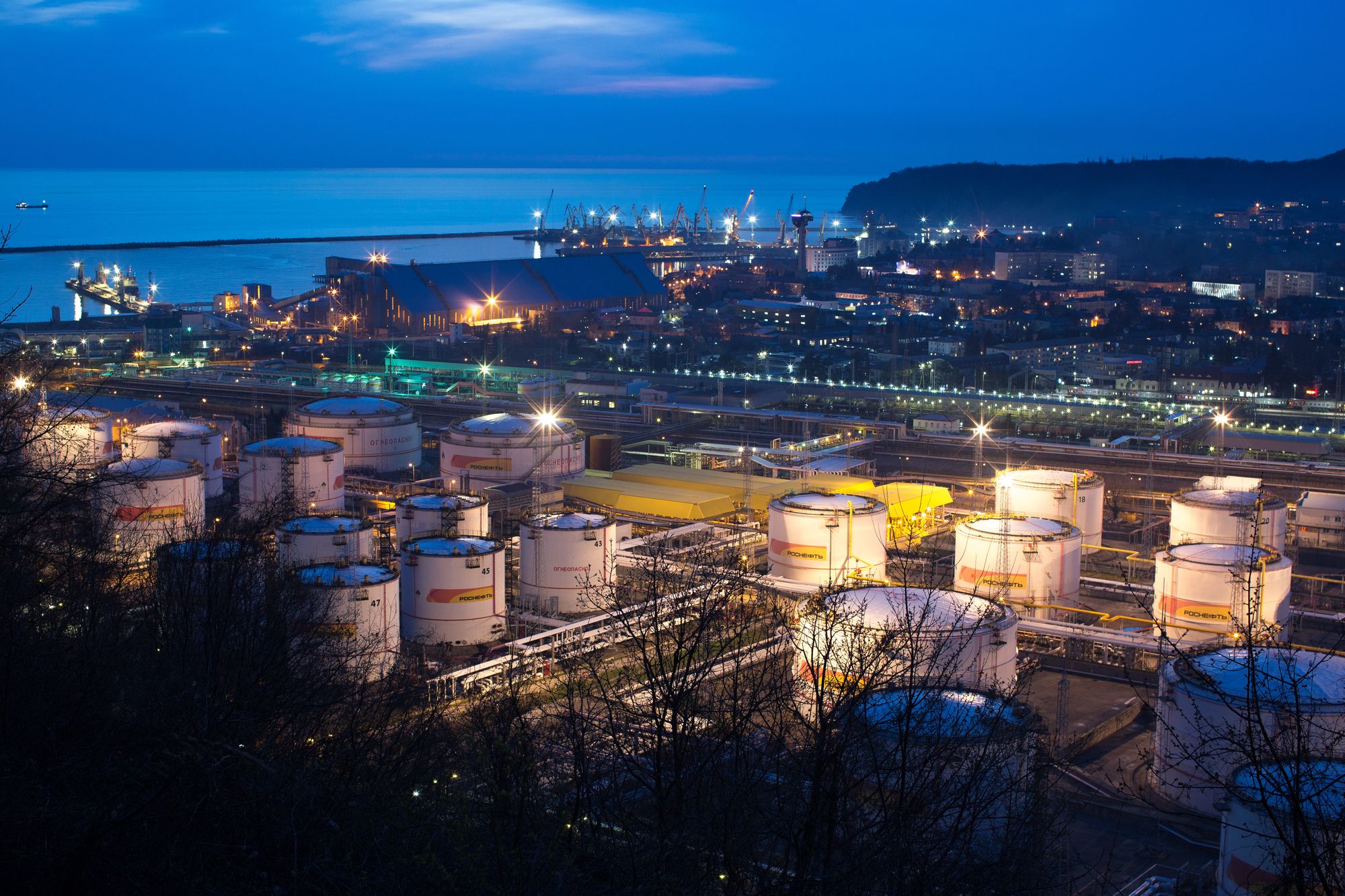
A large fire reportedly erupted at the Ilsky oil refinery in Russia's Krasnodar Krai overnight on Feb. 17, following large-scale Ukrainian drone attacks on the region, Russian Telegram media channels reported.

"Every day this oil pumping station's idle time costs Russia tens of millions of dollars," a source in the Security Service of Ukraine told the Kyiv Independent.

Oil prices dropped more than 2% on Feb. 12 after U.S. President Donald Trump took a significant step toward ending the ongoing Russia-Ukraine war, which has contributed to higher oil prices due to concerns over global supply disruptions.
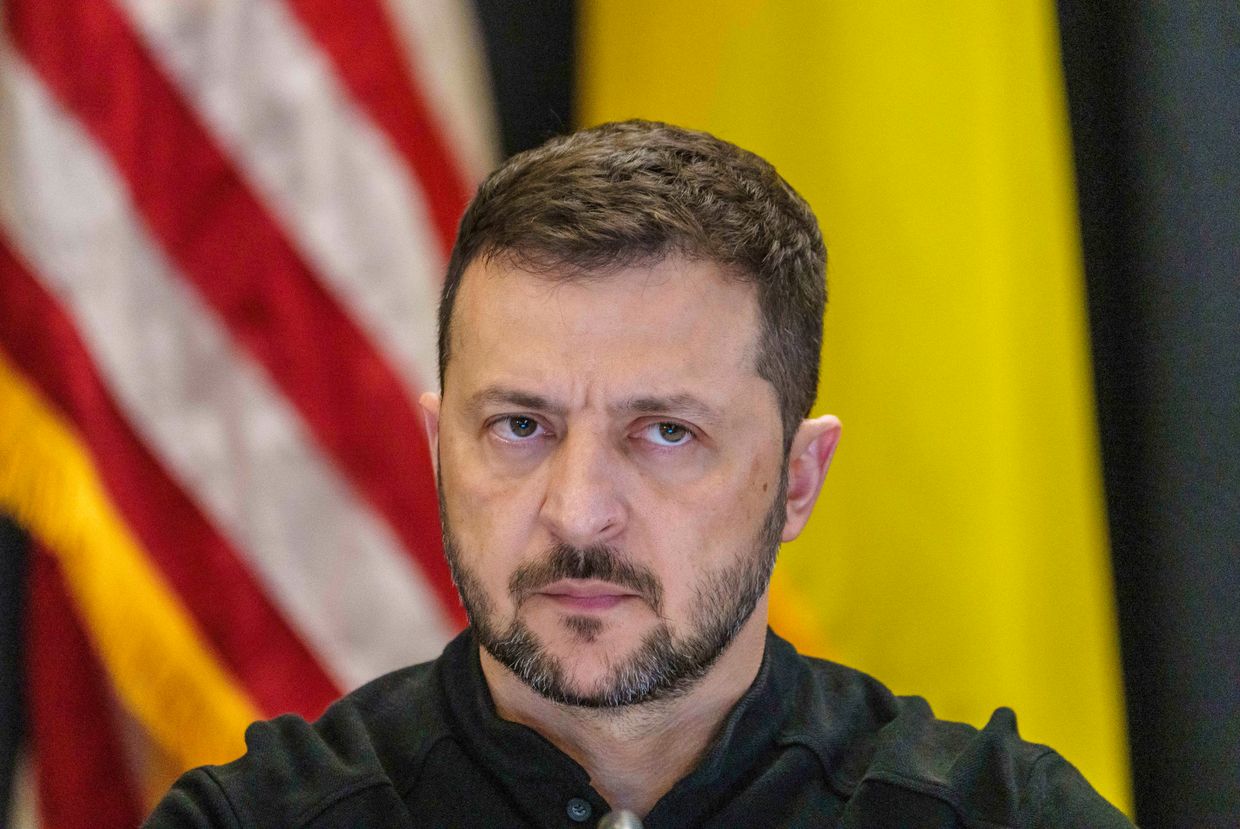
Key developments on Feb. 11: * Ukraine could trade territory in potential peace talks with Russia, Zelensky says * Ukraine strikes Russia's Saratov oil refinery, military confirms * US won't send troops to Ukraine, Pentagon chief says * North Korea has sent 200 long-range artillery guns to Russia, Seoul says * Ukrainian drones destroy Russian
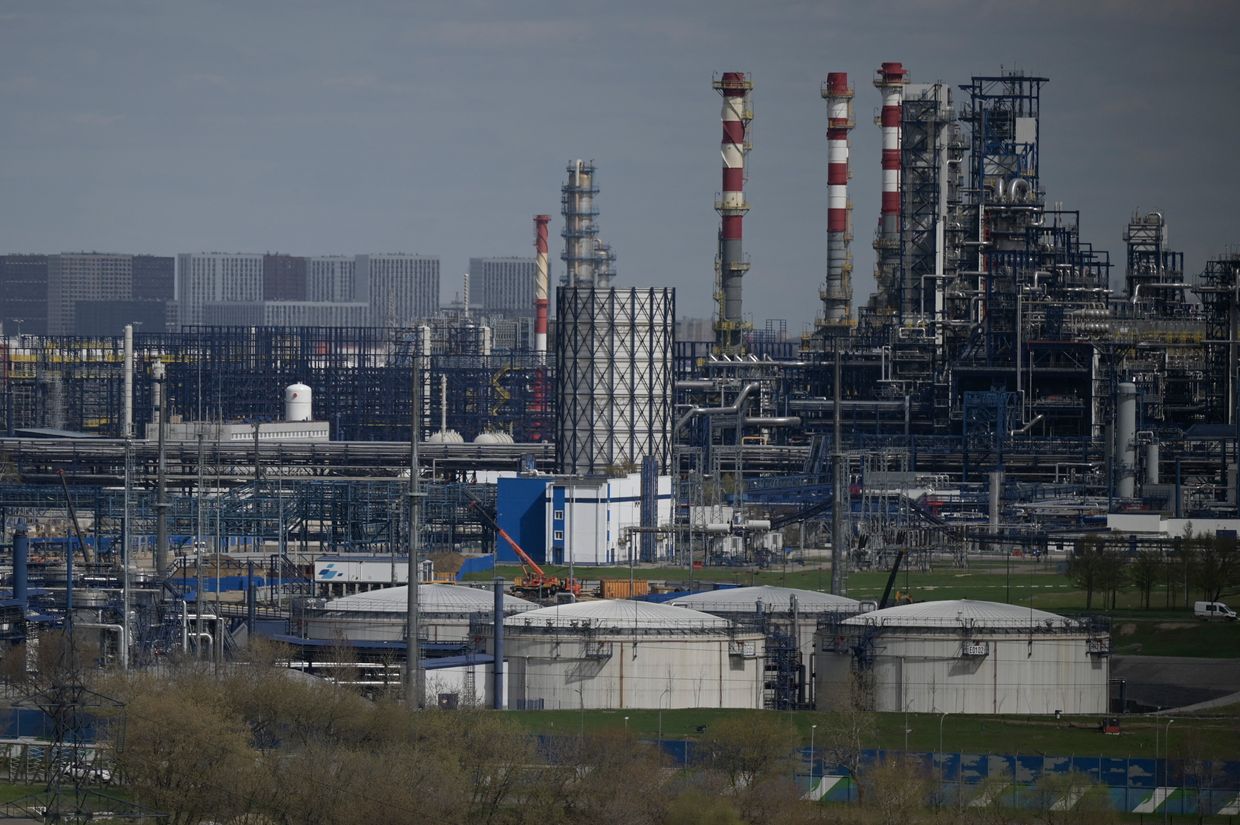
Chinese refiners are being offered Russian ESPO crude at discounted prices as rising concerns over U.S. sanctions create logistical and administrative challenges, deterring buyers, Bloomberg reported on Feb. 11.
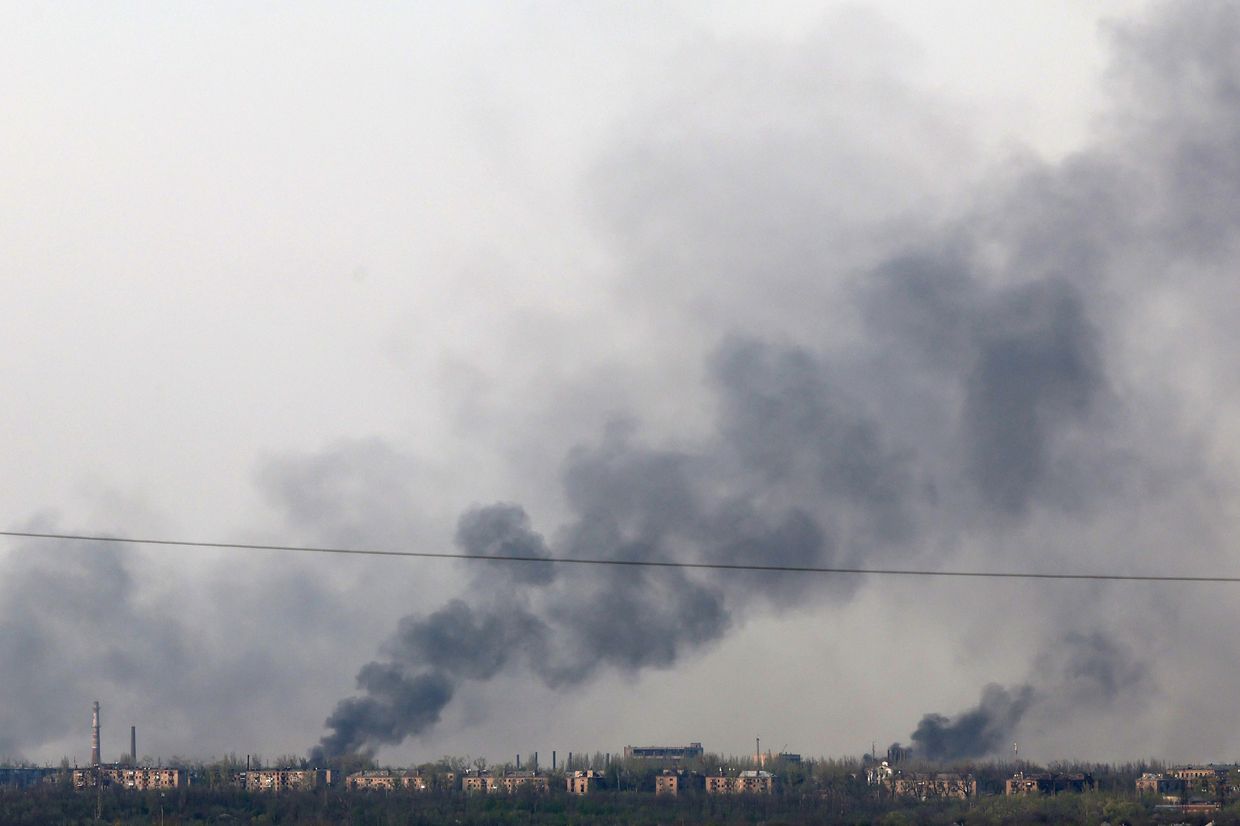
Key developments on Feb. 10: * Russia massing troops for new assaults in Chasiv Yar, military warns * Drones reportedly target key Russian oil refinery in Krasnodar Krai * Trump claims 'progress' on ending Russia-Ukraine war, confirms contact with Putin * Ukraine approves high-speed Baton drones for battlefield deployment * Ukraine to receive Patria 6x6

According to Politico, European countries are drafting new legislation that would enable potential seizures of Russian oil tankers on legal grounds.
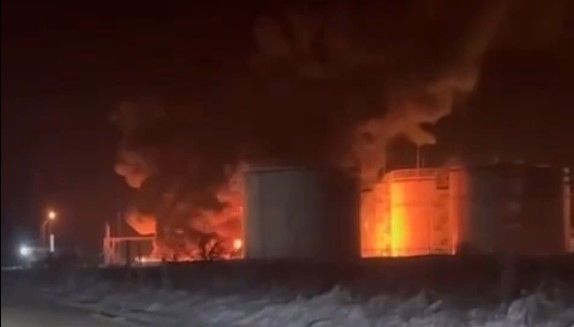
An attack carried out by the SBU and the Defense Forces set fire to the Albashneft oil depot in Novominskaya in southwestern Russia, according to the General Staff.

Trump has repeatedly called for lower oil prices, arguing that reducing Russia's oil revenue would force Moscow to end its war against Ukraine.
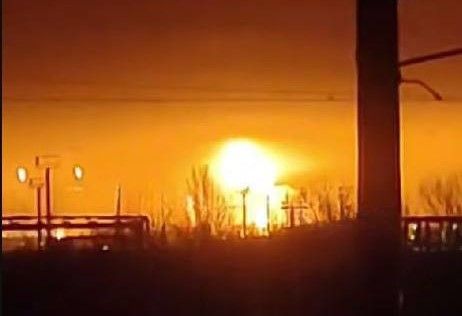
Ukrainian drones attacked energy facilities in Russia's Astrakhan and Volgograd oblasts overnight on Feb. 3, causing a fire, according to local authorities.
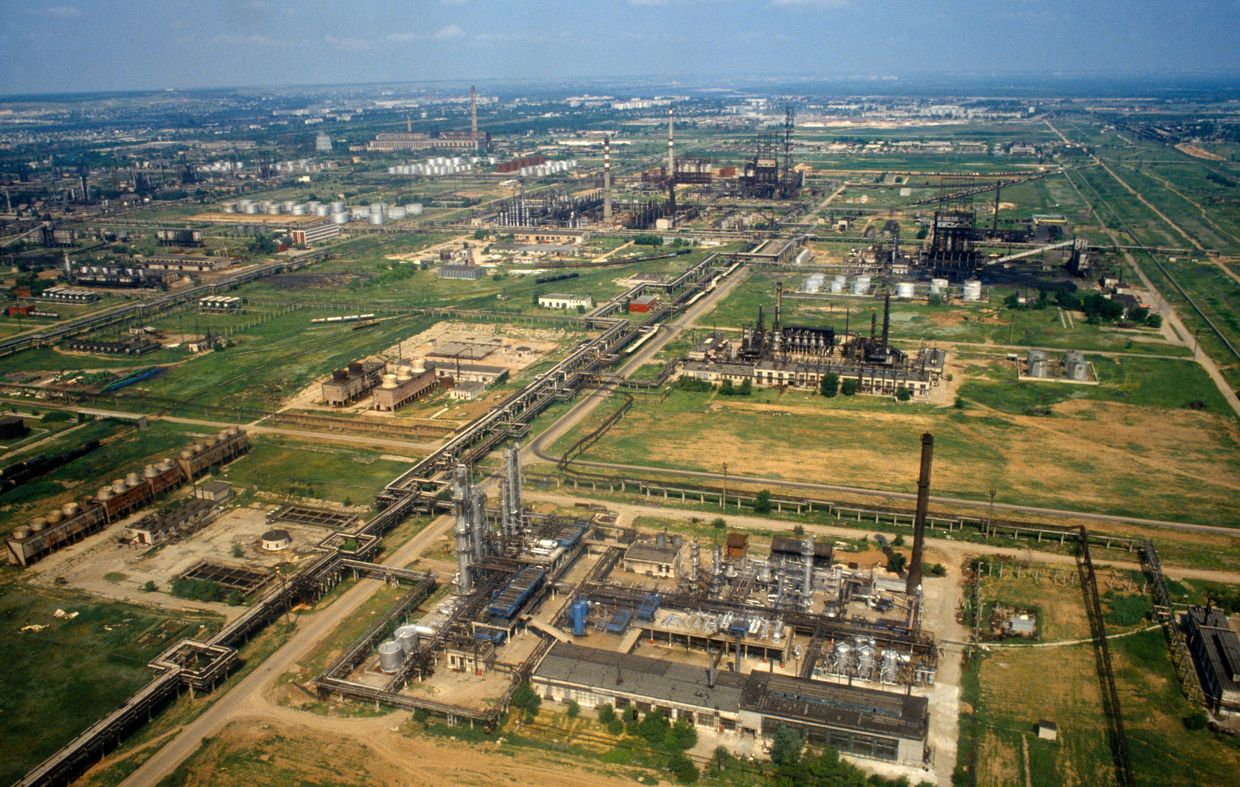
The wreckage of a downed drone fell on the refinery, causing a fire that was quickly extinguished, Governor Andrey Bocharov said.
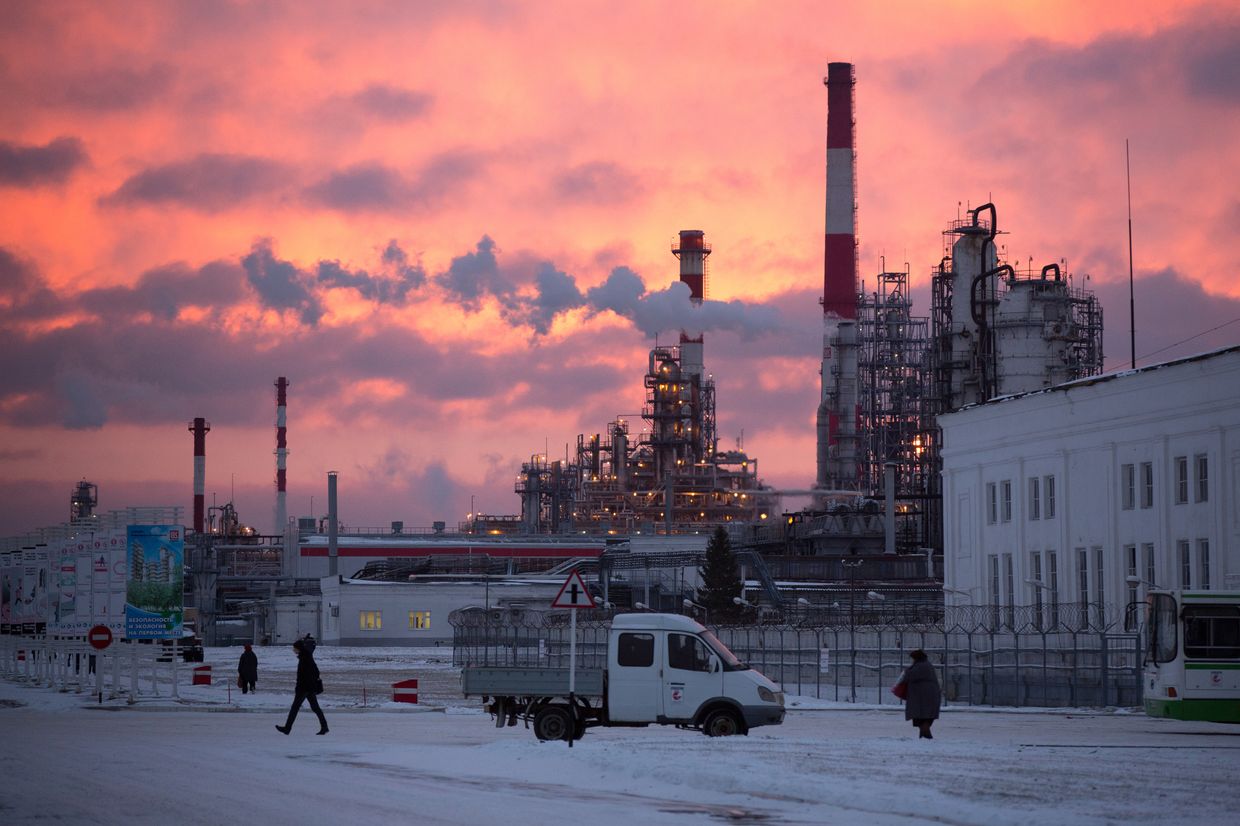
Key developments on Jan. 29: * Ukrainian drones hit Russian missile arsenal, oil pumping station in Tver Oblast, SBU source claims * '4 out of 4' — Russian Lukoil oil refinery struck by multiple Ukrainian drones, military intelligence source claims * Russian assault intensity declines, focuses on Pokrovsk sector, monitoring group reports * Australian POW

Drones operated by the SBU and the Special Operations Forces attacked the oil pumping station, which is part of the Baltic Pipeline System-2 operated by Russian state-owned oil pipeline company Transneft.

Key developments on Jan. 23: * Russian forces suspected of killing 6 Ukrainian POWs in Donetsk Oblast * Ukrainian soldiers near Velyka Novosilka at risk of encirclement, spokesperson says * Zelensky clarifies comment on 200,000 peacekeepers, says figure depends on Ukrainian army size * NATO chief urges US to keep arming Ukraine, pledges

The removal of these flags disrupts Russia's oil export logistics, forcing tankers to re-register in less reputable jurisdictions and change ownership to avoid detection.
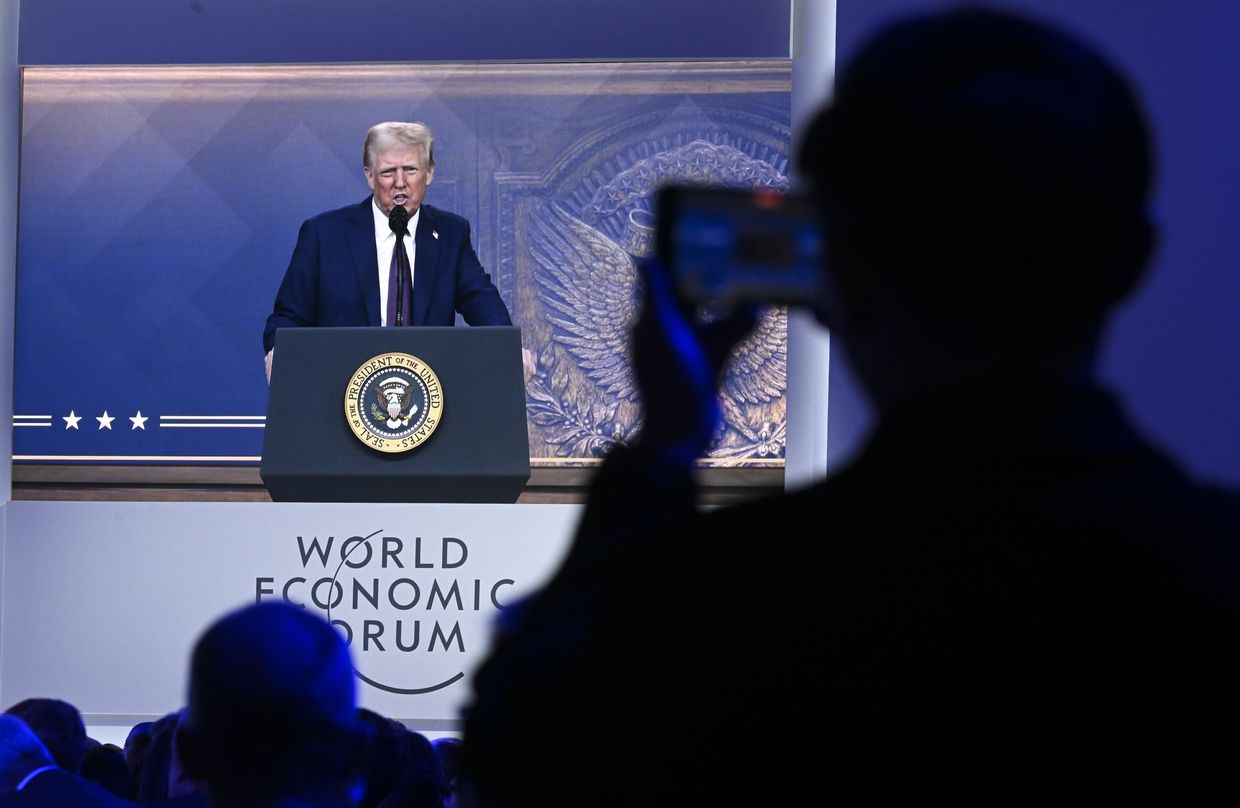
President Donald Trump also said Ukraine was "ready for a deal," but added "you'll have to ask Russia" about a peace agreement within a year.
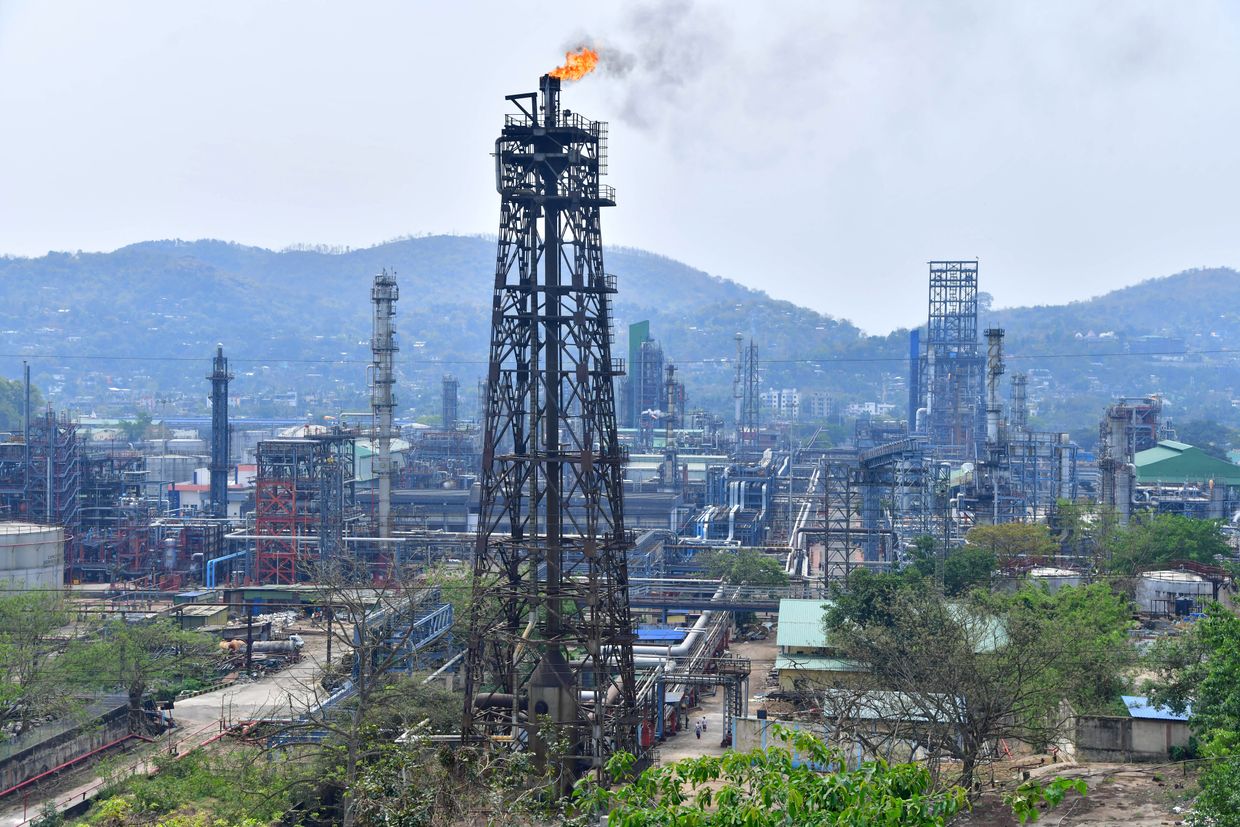
Following the new restrictions, financial institutions in India began blocking payments for Russian crude, Energy Intelligence reported. India is currently the leading importer of Russian oil.

The EU has reduced Russian gas imports by 75%, while only 3% of its oil is imported from Russia, European Commission President Ursula von der Leyen said at the World Economic Forum in Davos on Jan. 21.
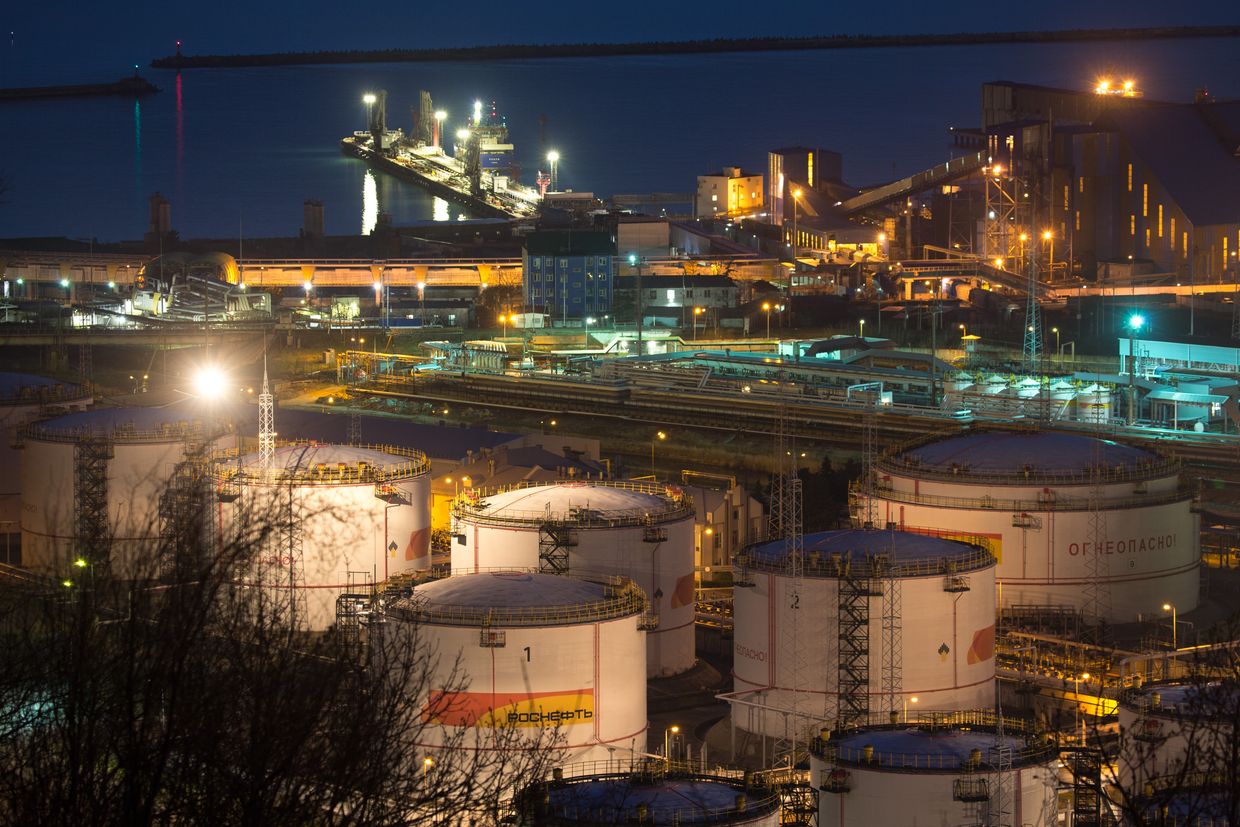
In 2024, 108.5 million metric tons were imported from Russia, including through pipelines and sea deliveries.

The latest sanctions, imposed last week, targeted over 180 oil-carrying vessels of Russia's so-called shadow fleet, a group of aging tankers routinely used for sanction evasion.
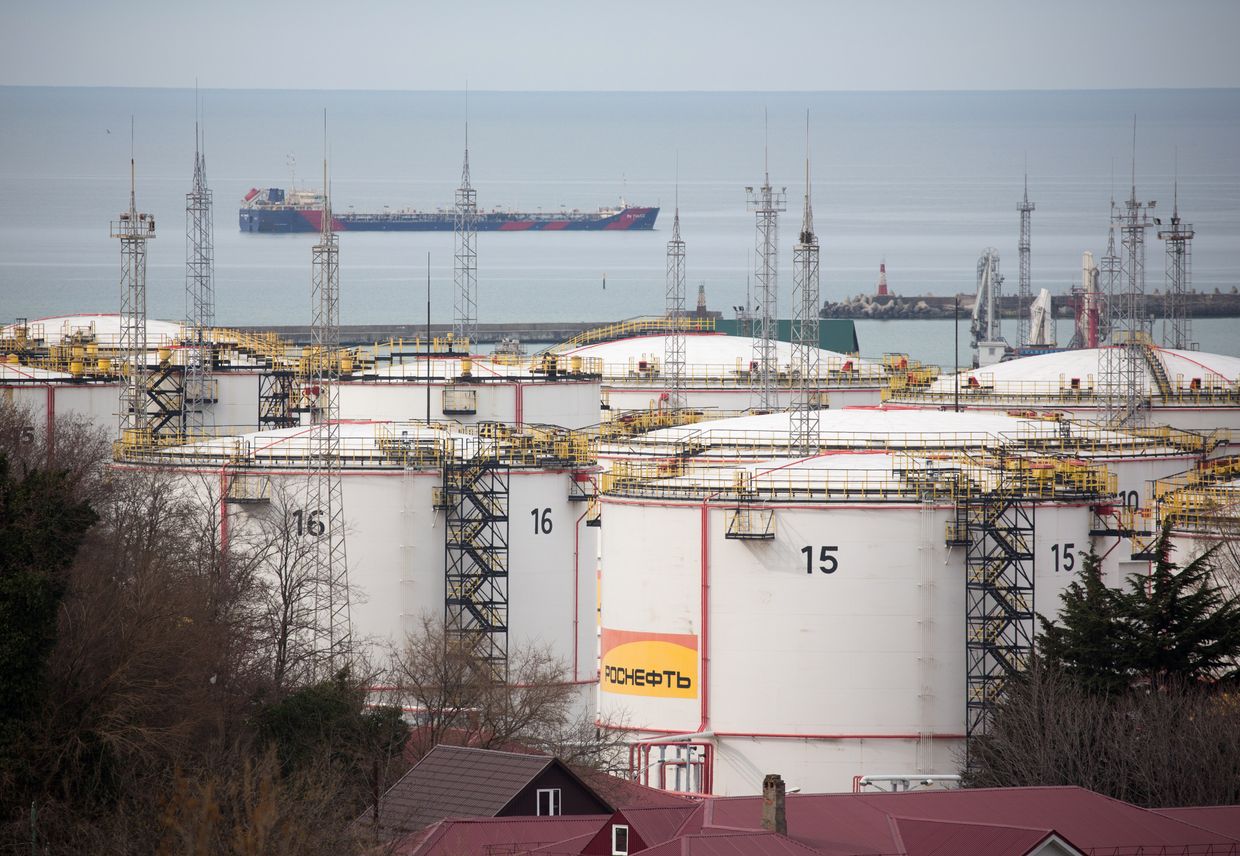
Ukraine has targeted Russia's fossil fuel infrastructure as part of its strategy to undermine a key funding source for Russia's war effort.

Sixty-five oil tankers paused operations in various places around the world following the recent U.S.-U.K. sanctions against Russia’s oil industry and shadow fleet, Reuters reported on Jan. 13, citing maritime tracking data.
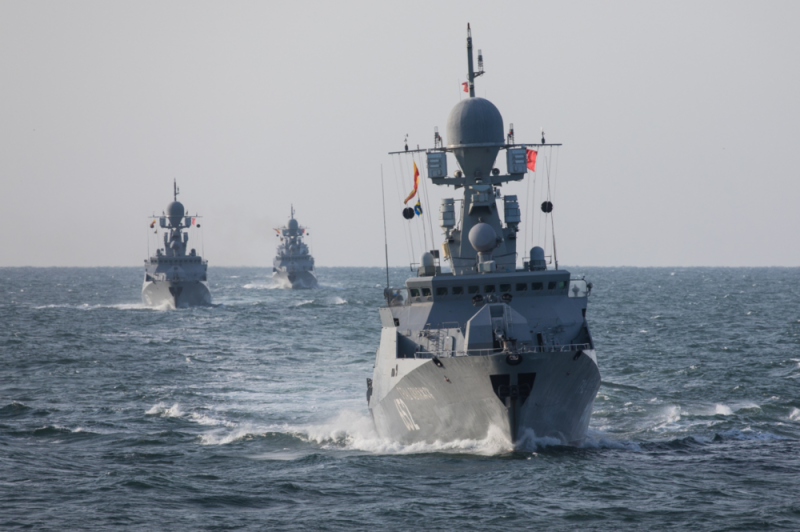
Three sanctioned tankers carrying over 2 million barrels of Russian crude oil are floating off China's coast after they were hit by fresh U.S. sanctions last week, Bloomberg reported on Jan. 13.
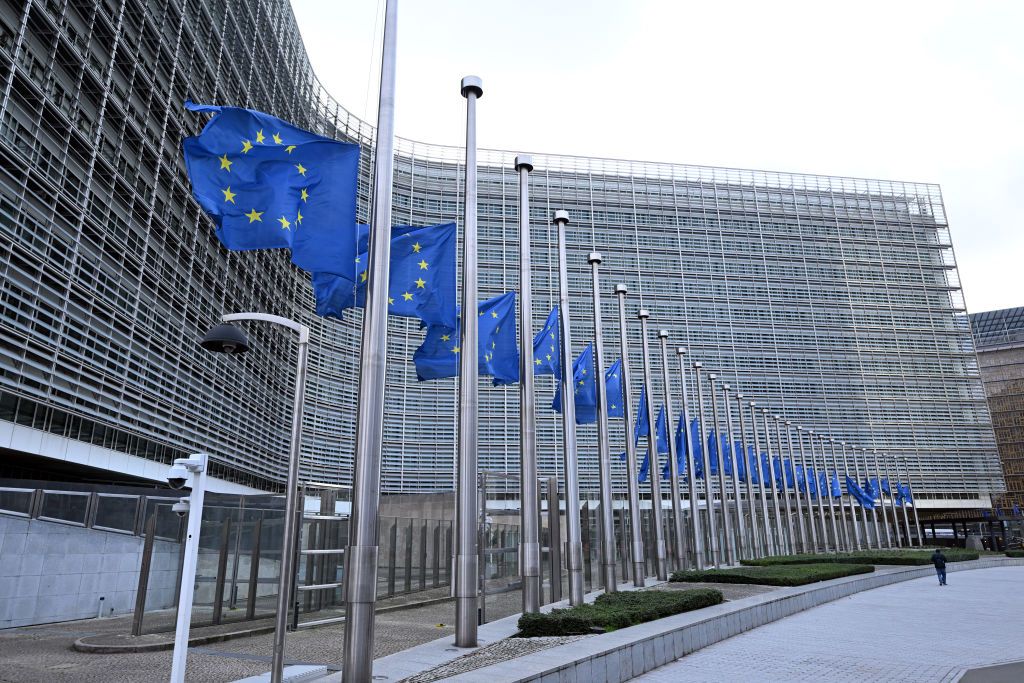
The European Commission plans to begin drafting new sanctions against Russia next week, with the goal of approving the package on Feb. 24 — the third anniversary of Russia's full-scale invasion of Ukraine.

"The United States is taking sweeping action against Russia's key source of revenue for funding its brutal and illegal war against Ukraine," Treasury Secretary Janet Yellen said.
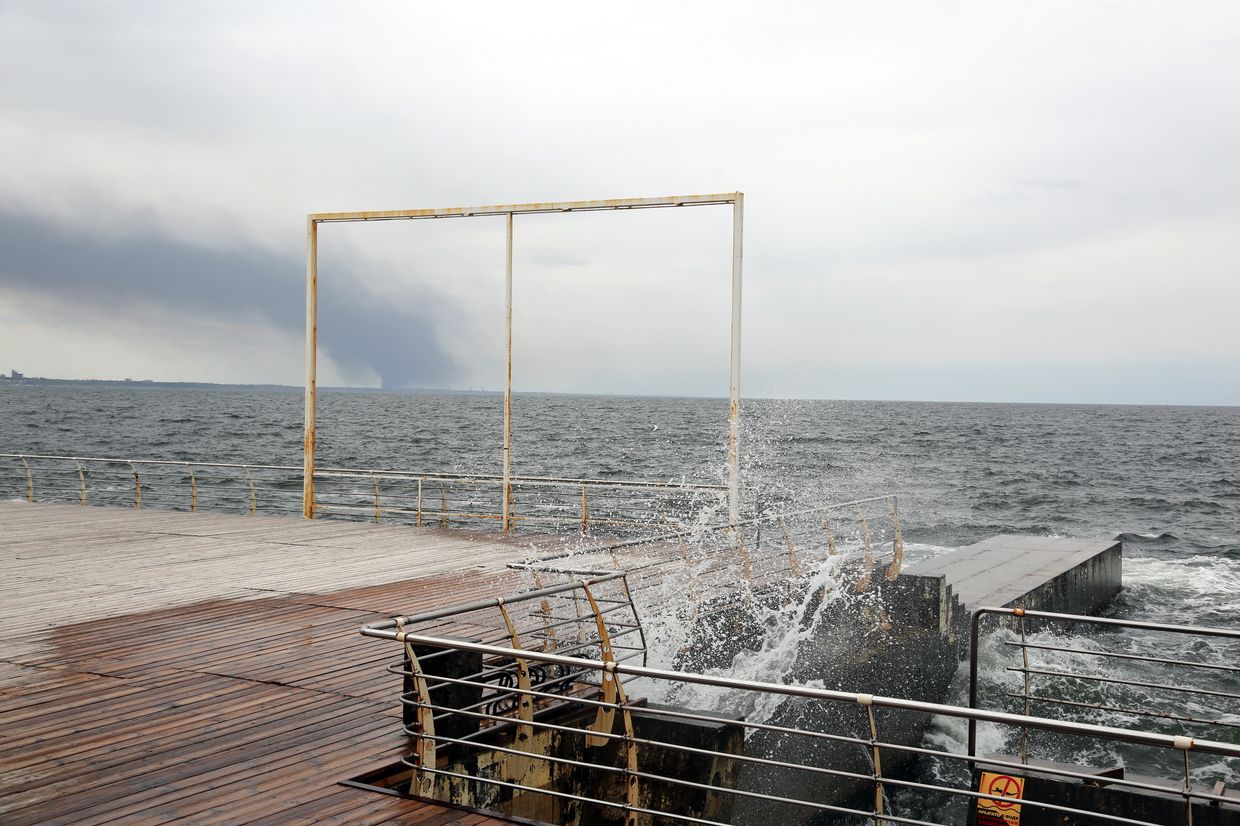
The oil spilled into the Black Sea by two Russian tankers last month could soon reach Ukraine's southern coast in the Mykolaiv and Odesa oblasts, Navy spokesperson Dmytro Pletenchuk said on air on Jan. 9.
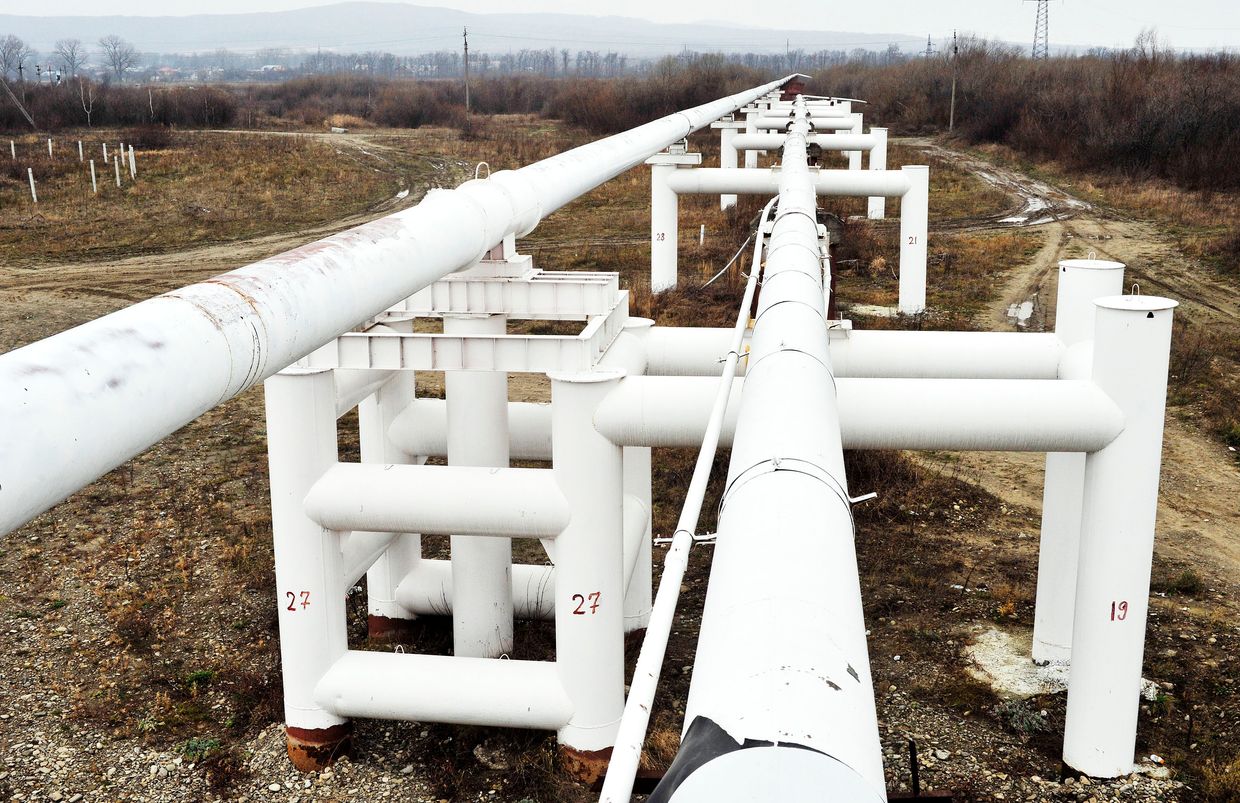
Ex-President Petro Poroshenko and members of his European Solidarity opposition party submitted a bill on Jan. 7 banning the transit of Russian oil and gas through Ukraine's territory during martial law.
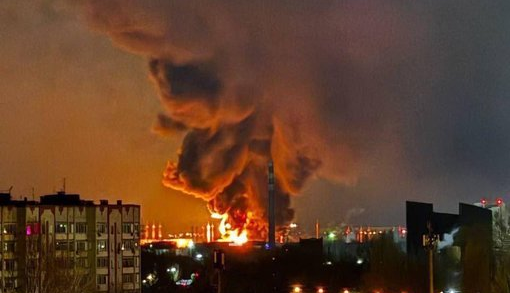
The operation, carried out jointly by Ukraine's military intelligence, the Unmanned Systems Forces, and other units, targeted the Kristal Plant used to supply fuel to the nearby Engels-2 airbase, the military said.

Shandong Port Group has prohibited U.S.-sanctioned tankers from accessing its ports in the eastern Chinese province, three traders familiar with the issue told Reuters. This region, home to many independent refiners, is a significant importer of oil from countries under U.S. embargoes.

The U.S.'s planned sanctions would aim at targeting tankers carrying Russian oil above the imposed price cap and individuals working in schemes to sell crude above the cap, Reuters reported.

The amount of oil spilled in the Kerch Strait by two Russian oil tankers is "significantly less than the initial estimate," Russia's Transport Ministry claimed on Jan. 2.



